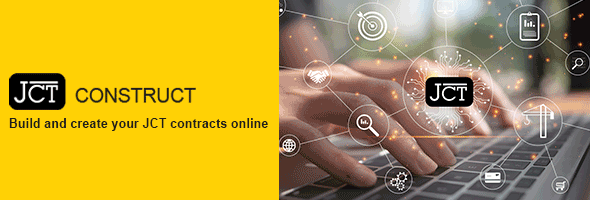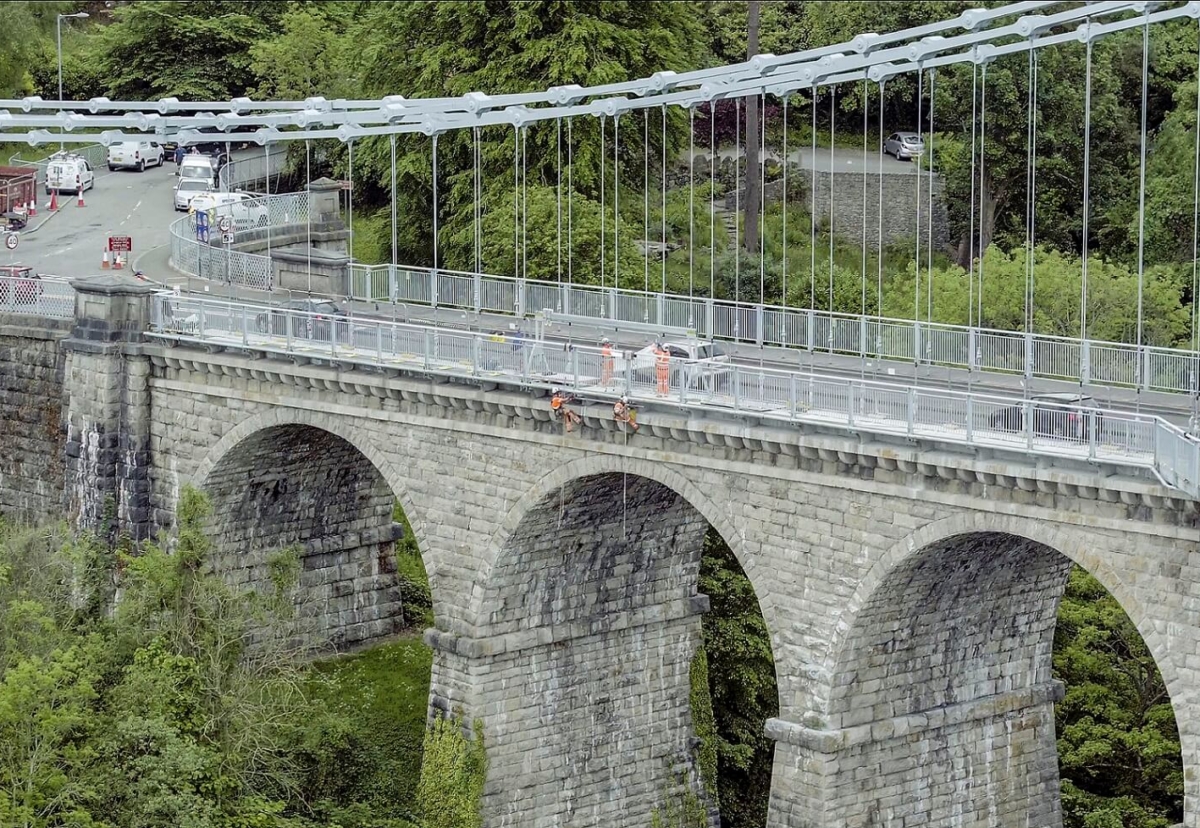A turnaround year to March 2022 saw revenue soar by nearly two-thirds to £75m, helping to generate a £790,000 pre-tax profit after a £1.7m loss last year.
The group entered the new financial year with secured work in hand of £50m and a pipeline of £210m.
Slipform Engineering, in which parent company Spencer Engineering Group, holds a majority shareholding, also made a significant contribution to the group results, increasing turnover to £6m and delivering a pre-tax profit of £826,000
Chairman and founder Charlie Spencer said: “We’re pleased to record a very successful and profitable business year.
“The significant growth in turnover and profits underlines the strength of our recovery from the previous year results affected by the impact of the COVID pandemic.
“Currently the work outlook remains positive in all sectors, particularly the rail sector and enhancement of existing and provision of new rail infrastructure and maintenance facilities.
“The structural repair, refurbishment and maintenance of bridges also provides a strong future pipeline of opportunities in a sector where the group has earned an excellent reputation for providing innovative access solutions.”
He said that the firm’s Slipform Engineering business had proved its new patented system on Thames Tideway where it achieved significant programme and cost savings on shaft liner contracts.
Slipform Engineering was also working on several high-rise building schemes in the UK and was currently tendering for several HS2 shaft lining projects.
Spencer added that the business was carefully reducing its exposure to cost inflation on fixed-price work.
“Recent contract awards of major projects are on an early contractor involvement engagement staged process and on a target cost basis where such cost escalations are considered to be allowable cost, thereby mitigating risk exposure to business.
“On fixed price contracts the business has elected to provide baseline costs for materials in order to facilitate client procurement with any cost escalation experienced between tender and submissions and place of material order being treated as reimbursable cost.”
The group received £1.2m just after March year-end following a successful contract settlement.








































 (300 x 250 px).jpg)








.gif)





